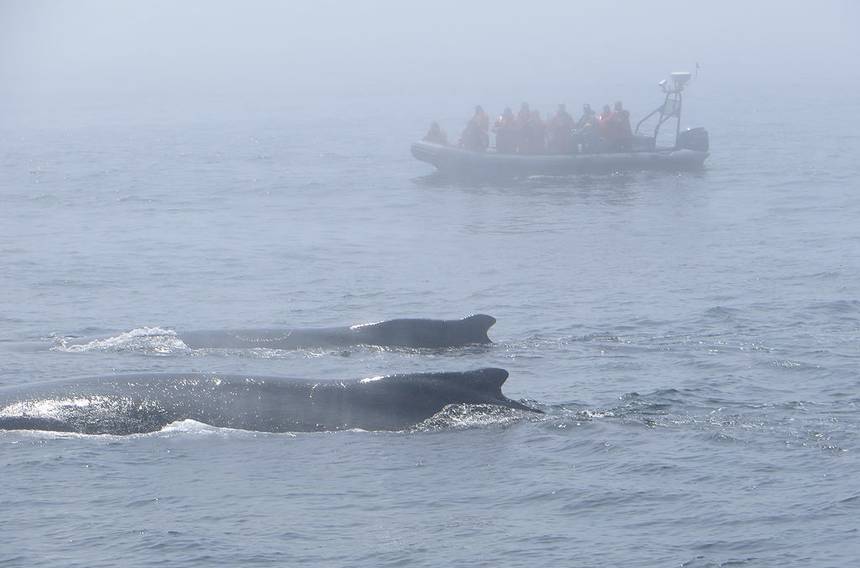Researchers are able to detect and measure things they could not before, while many species flourish amid the silence.
The world has gone quiet in recent weeks. Busy highways that once rumbled with traffic and packed sidewalks that overflowed with fast-moving, chattering pedestrians have suddenly emptied out. There are fewer airplanes taking off, hardly any boats on the water, and no school buses to be seen. It seems as if the entire world has been put on pause, and, while the resulting silence may be eerie for some, it’s exhilarating for others.
Many scientists are taking advantage of the sudden silence to do unprecedented research. Perhaps most interesting is that seismologists can now detect minute rumblings beneath the Earth’s surface that were previously masked by city sounds. Greek researcher and seismology professor Efthimios Sokos told Reuters that it’s like being an astronomer in a city where the lights have just been turned out.
Researchers in Brussels, Belgium, have found the same thing. Following a national lockdown, urban noise dropped to a level equivalent to Christmas Day, making it far easier detect seismic activity. Paula Koelemeijer, a seismologist from London, UK, told The Atlantic,
“Normally we wouldn’t pick up a 5.5 [magnitude earthquake] from the other side of the world, because it would be too noisy, but with less noise, our instrument is now able to pick up 5.5’s with much nicer signals during the day.”
Marine mammal research is also benefiting from the new quiet. Whales are known to be disturbed by the noise of passing cargo and cruise ships, stopping their singing until ships have passed. The Atlantic describes an accidental study that occurred in the days following 9/11, when researchers in Canada’s Bay of Fundy found that a halt in shipping traffic led to right whales experiencing an immediate drop in stress hormone levels. Researchers are curious to see how Alaskan whales will thrive this season, with cruise ships conspicuously absent for the first time in recent history.
The decrease in noisy traffic, both on land and in air, has the added benefit of clearing air quality, which in turn allows bumblebees to detect flowers more easily, since exhaust fumes disguise floral scents.
 Pixabay/Public Domain
Pixabay/Public DomainLast but not least, the birds! Have you noticed how much louder they sound in urban areas these days? Of course, they’re not actually louder – there’s just less noise to drown them out. The Atlantic quotes Rebecca Franks, an American who lives in Wuhan, China:
“I used to think there weren’t really birds in Wuhan, because you rarely saw them and never heard them. I now know they were just muted and crowded out by the traffic and people. All day long now I hear birds singing. It stops me in my tracks to hear the sound of their wings.”
These observations may be small consolation to the majority of Earth’s residents, who are feeling deeply disoriented and distressed by the current pandemic. But it’s still reassuring to know that some creatures are flourishing in these difficult times and that certain fields of research are uncovering fascinating new knowledge about this magnificent planet that we still know so little about.










